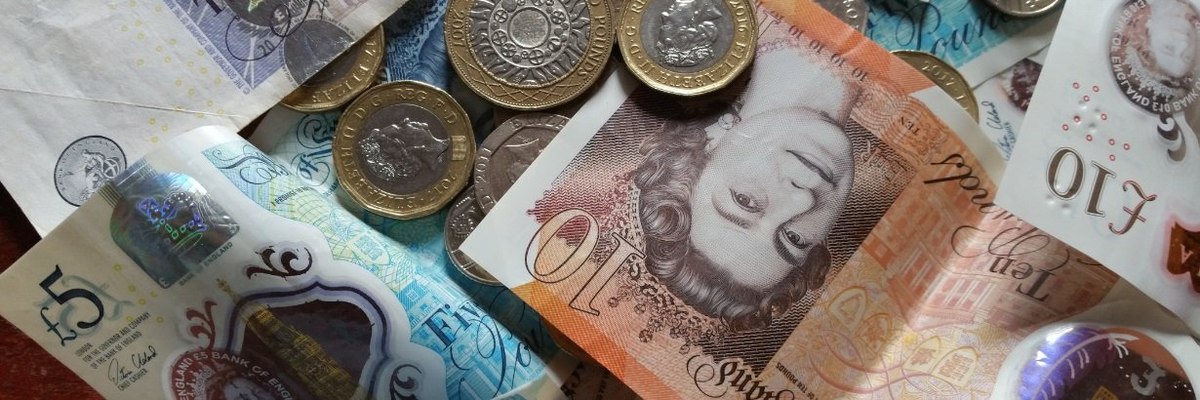- Falls across every metric drag consumer confidence index into negative territory for the first time since summer 2020
- Both household finance measures decline, with outlook dropping by ten points
- Sentiment among homeowners and workers deteriorates
- Expectations for business activity become increasingly gloomy
August saw confidence among UK consumers become negative for the first time since June 2020, according to new analysis from YouGov and the Centre for Economics and Business Research (Cebr). With UK energy bills set to continue increasing and inflation rising all over the world, the overall index fell by 4.2 points in August: the largest decline since the early stages of the COVID-19 pandemic.
YouGov collects consumer confidence data every day, conducting over 6,000 interviews a month. Respondents answer questions about household finances, property prices, job security, and business activity, both over the past 30 days and looking ahead to the next 12 months.
The fieldwork for this study took place between the first and the 31st of August: before Liz Truss took office as PM and announced her plan to freeze energy bills at £2,500 a year for a typical household. Next month’s Index should be able to capture whether or not UK citizens have taken notice of the freeze, and how it has impacted confidence across key metrics.
For now, though, August’s data suggests that – even before the death of Queen Elizabeth II – the new Prime Minister was facing an uncommonly dour public mood, particularly in terms of personal finance. Measures tracking household financial situations for the past 30 days deteriorated 3.1 points from 60.3 to 57.2, but outlook for the next 12 months crashed by 10 points from 51.8 to 41.8: the lowest scores for this metric – which has been net negative since August 2021 – on record.
Every other metric also saw worsening scores. With a fall of 2.2 points between July and August (from 132.6 to 130.4) homeowners became more likely to perceive their short-term house values negatively, while outlook for house prices plummeted by 7.2 points from 132.1 to 124.9.
Workers are also less likely to feel comfortable in their careers: perceptions of job security over the past 30 days fell from an already-negative 93.7 to 91.9 (-1.9), and for the forward-looking metric, they fell from 120.9 to 118.5 (-2.4). With business activity measures – which track whether employees think their workplaces got more or less busy over the past month, and whether they think it will get more or less busy in the 12 months ahead – decreasing from 111.0 to 109.3 (-1.7) in the short-term, and plunging from 121.8 to 116.5 for the longer term (-5.3), news for employers is no better.
Overall, businesses and consumers alike are more likely to feel the pinch than they were before, and less likely to believe that things will improve in the next 12 months.








